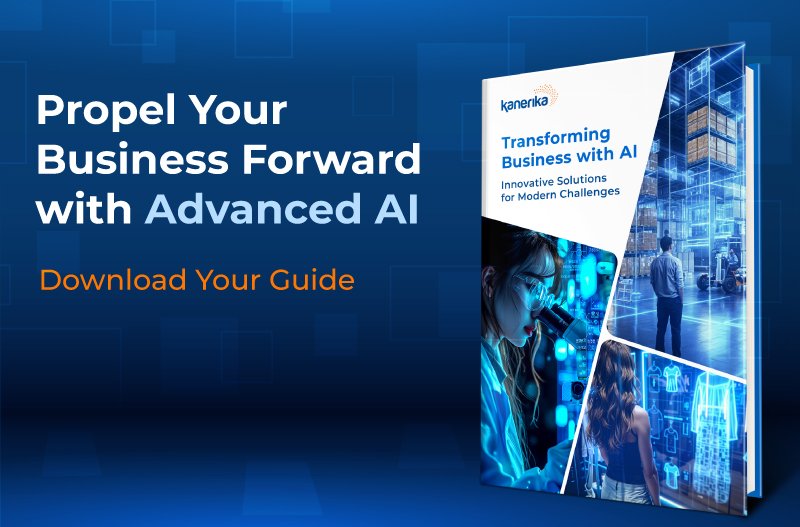Faster analytics performance
Seamless Experience
Affordable Implementation
Competitive
advantage
Save Days Worth
of Effort
Problem
Wireless provider with a world-famous network and cutting-edge technology that serves customers all over the country. They have a long-standing reputation for great customer service, and they have been in the industry for more than three decades. A firm can stay on the right side of the law by adhering to the guidelines laid out by corporate governance, which include transparency and accountability in management. It is essential for businesses to be ethical and have a code of conduct to succeed, our client was facing an issue with various policies to be followed and to have a secure customer data base.
Key Challenges
- Conflicts of interest: A conflict of interest happens when a person with a lot of power in a company has other financial interests that could affect his decisions or go against the company’s goals. When there are conflicts of interest, stakeholders and the public lose trust, and the business could be sued.
- Governance standards: A board can come up with all the fair rules and policies it wants, but if it can’t get those standards out to the rest of the business, it doesn’t matter how fair they are. Good corporate governance can be undermined at the operational level by managers who don’t want to follow the rules. This puts the business at risk of breaking state or federal laws and hurting its reputation with stakeholders. As a check and balance against the actions of executive staff, a policy of corporate governance needs a clear way to make sure it is followed.
- Short-termism: For good corporate governance, boards need to be able to run the company for the long term and create value that will last. This is a problem for more than one reason. The rules that govern the performance of a publicly traded company tend to put short-term performance first, which is good for shareholders. Managers are always under pressure to meet quarterly earnings goals, since even a drop of a penny or two in earnings per share could hurt the stock price of the company.
Featured services
End-to-end project visibility
DevOps Scorecard that was generated provided visibility across the entire software lifecycle.
Speed and agility in projects
DevOps method ensures that speed and agility in successful deployment of projects and fosters accountability of projects thereby increasing customer satisfaction.
Faster data consolidation and integration
The process of consolidation which earlier used to take a weeks’ time can now be executed within hours.
Improved performance
Significant improvement in workforce productivity and business performance on account of automation of data consolidation and analytics.
Scalable solution
Reduced cost, complexity, and security risks with an analytics platform that scales from individuals to the organization as a whole.
Solution
Data anomaly
The primary goals of anomaly detection in data are the generation of actionable business insights and the upkeep of essential activities. Using these methods, IT departments will be better equipped to mitigate the existing challenges and their knock-on effects on the company. The benefits of data anomaly are-
- Ability to detect Fraud: Processing financial transactions needs to be easy and safe. And looking for strange patterns in the transactions of customers, vendors, or partner businesses can help find security holes and stop frauds from happening.
- Finding intrusions and attempts to hack: IT teams keep an eye on how people use the company’s security systems on a regular basis to spot trends and unusual behaviour. Anomaly detection helps find and stop these kinds of attacks on a business’s confidential data before they happen.
- Increases accuracy: Finding outliers and data drifts early on helps improve the quality of the data that is used to train analytical models by a huge amount. Since models need good data to work well, their results will become more accurate and reliable as time goes on.
- Decreases downtime for data: When enterprise systems look for outliers, drifts, schema changes, and patterns, they always get high-quality data. Users can also cut down on downtime by limiting anomalies before they affect tools further down the line.
Subject registry
Subject registry is an automation tool that automates identification mapping for the purpose of reporting on data subjects It is the process of collecting data at one place from different systems to avoid loss of data and save time. It is an efficient and effective way as it generates a detailed report of every user and every customer’s information. The benefits of subject registry are-
- Capability of recognizing and comprehending the digital identities of your clients
- The capability to manage the data privacy and consent settings of customers
- Unified customer profiles are created by combining all customer data, regardless of whether it was collected offline or online, front-end or back-end, structured or unstructured.
- Capability to differentiate themselves through insights driven by data
- Integrated, customer – focused personalization
Technology used:
Data Privacy Management is to aid businesses in locating, categorizing, analysing, protecting, and monitoring sensitive and private information stored everywhere within the enterprise. Artificial intelligence is used to provide capabilities for data search, classification, risk assessment, and data subject identification that may be used. In addition, it provides support for structured, cloud-based, on-premises, large data repositories, and other unstructured and semi-structured data the mainframe and relational database systems.
Benefits-
- Support for privacy and compliance initiatives, as well as the protection and monitoring of sensitive data, are essential for a successful data-driven digital transformation.
- In today’s complex situations, having centralized insight across data platforms and types is essential.
- Automatic orchestration and protection with sensitive data intelligence
- Continuous risk analysis of personal and sensitive data, to prioritize resources and investments across functional, geographic, and line of business views.
Results
- Higher data quality
- Reduced data management expenses
- Increased access to required data across the organization
- Increased data security.
- Reduce the risk of introducing errors and ensure that clear rules governing data access are established, enforced, and followed.
- It provides better and higher quality data for management, which in turn leads to competitive advantages and increased revenues for a corporation.
Why Kanerika?
Kanerika is a niche consulting firm building efficient enterprises with deployment of automated, integrated and analytics solutions. Kanerika enables efficient enterprises through its unique digital consulting frameworks and AIOps enabled compostable solution architecture. We partner with some of the top vendors to solve some of the critical data and process related challenges. We help some of the top brands across the globe in increasing their speed to respond in evolving market conditions, reducing their cost of operations, empowering them with the right tools and insights for effective decision making.





